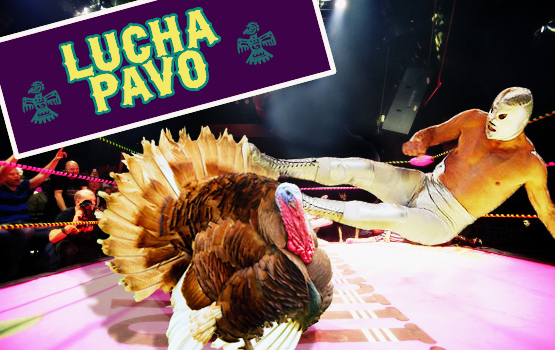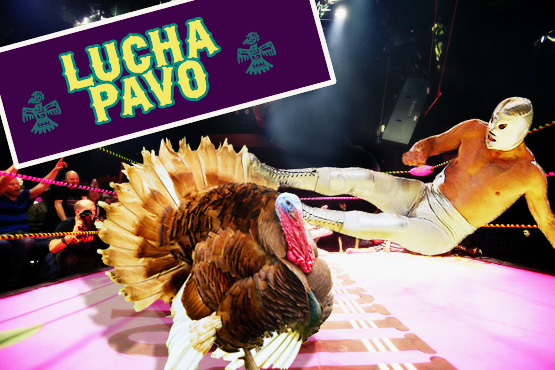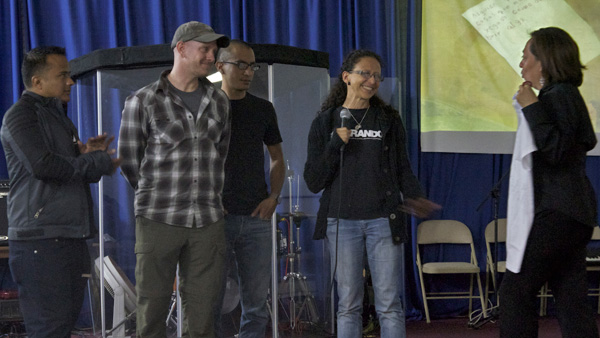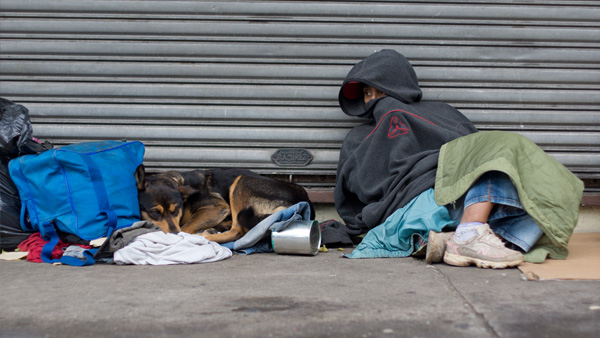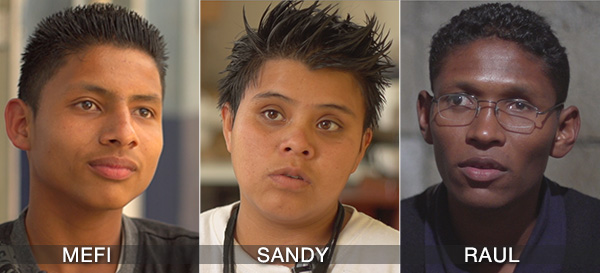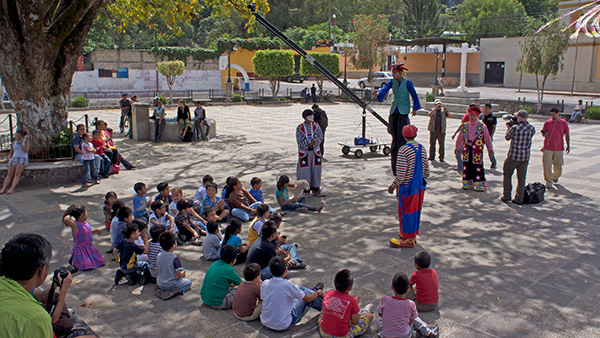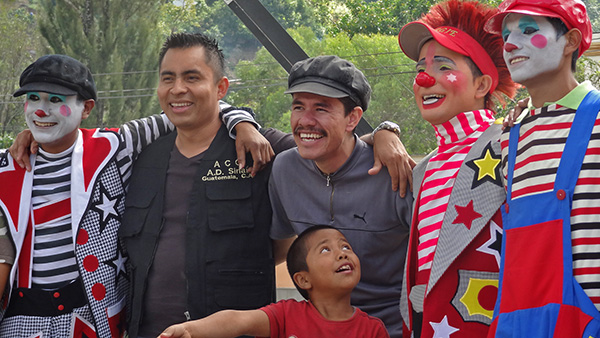I once read a quote: “I’m not a product of my circumstances, I am a product of my decisions.”
That phrase stuck with me like a splinter. Irritating. Uncomfortable. Demanding attention.
Why does it bother me?
Because it oversimplifies a complex reality.
Yes, personal responsibility matters. But opportunity shapes decisions—and opportunity is not evenly distributed.
I was born in the wealthiest nation in history. I had loving parents, access to education, and the freedom to make choices, with a safety net in case I needed it. That’s privilege.
But for millions, privilege isn’t an option.
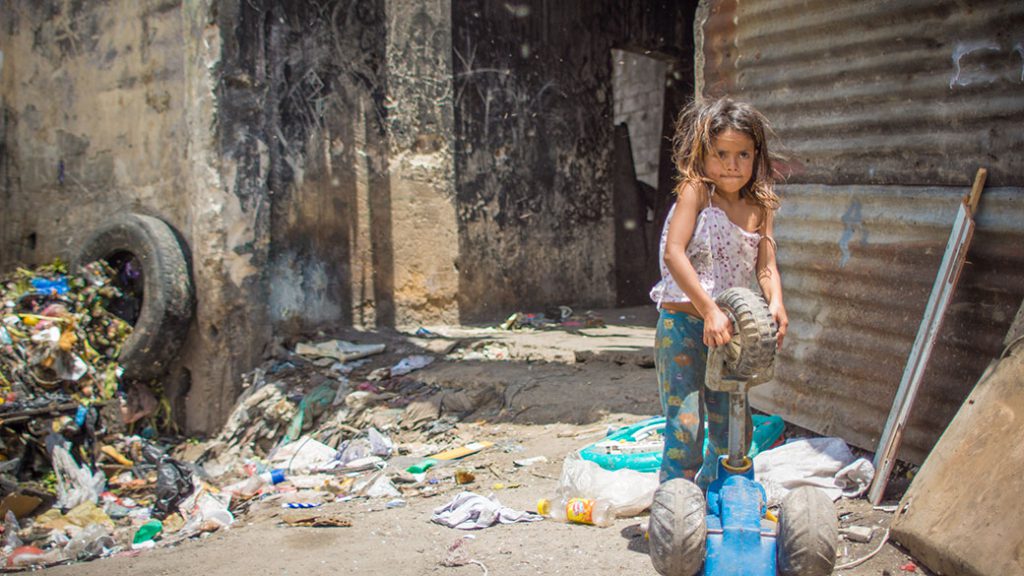
When Survival is the Only Choice
For years, through our nonprofit Athentikos, I’ve been immersed in stories of people forced to make impossible choices—children born into war, families ripped apart by violence, communities crushed by poverty.
A young girl scavenging in the Guatemala City garbage dump doesn’t get to choose between college and a gap year—she’s choosing between finding food and going hungry.
Are these people products of their decisions?
Yes. But when survival is the only goal, decisions aren’t about future success—they’re about making it through another day.
That’s why justice requires more than opportunity. It requires imagination.
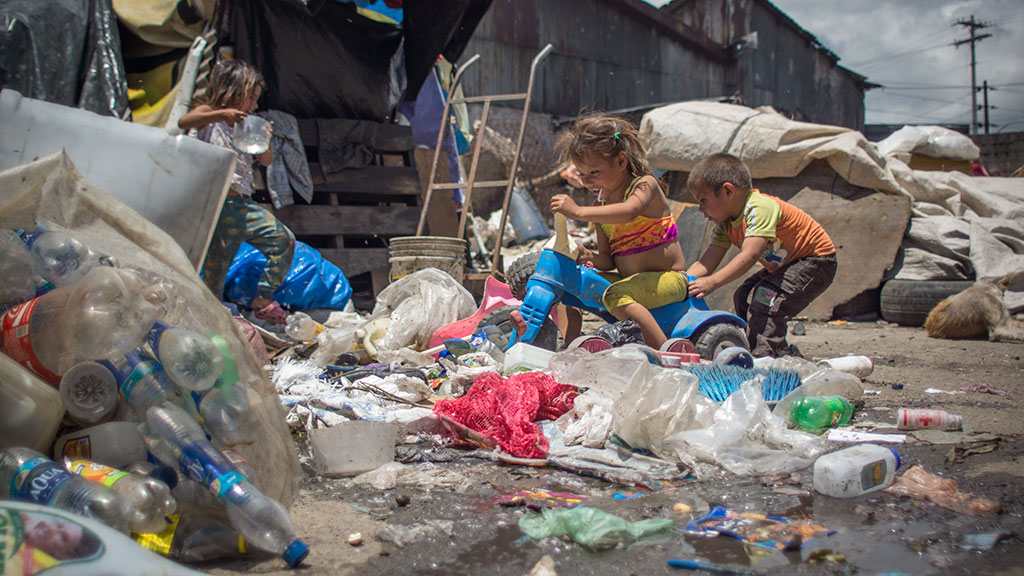
Creativity: The Engine of Justice
The world changes when people dare to see beyond their current circumstances.
Justice isn’t just about breaking chains. It’s about creating new paths forward.
The abolition of slavery, the Civil Rights Movement, and the fight for human rights did not happen simply because of laws. They happened because people first imagined a different world and used creativity to make it real.
Because creativity is justice in action.
It allows us to envision a reality that doesn’t yet exist—and then build it.
✨ Creativity sees beyond limitation.
✨ Creativity multiplies opportunity.
✨ Creativity empowers us to rewrite the story.
Think about it:
-
Creativity fueled the Civil Rights Movement—where art, music, and speeches painted a picture of a just world before laws ever changed.
-
Creativity empowers children in under-resourced communities to reimagine their future. Through painting, music, and storytelling, they turn survival into self-expression.
-
Creativity drives global justice today—murals in refugee camps, protest songs that rally movements, films that expose hidden injustices. Art opens minds, builds empathy, and sparks change.
-
Creativity fuels entrepreneurship—giving people in struggling communities the ability to innovate, create jobs, and restore dignity in places where opportunities were once out of reach.
Justice doesn’t just fight oppression—it creates new possibilities.
And creativity is the force that drives it forward.

Choosing to Create a Just Future
As someone with opportunity and privilege, I choose to use my creativity to lift others who have less.
Through creativity, I choose to dream beyond my own story—to share a greater narrative of grace, mercy, and redemption through a Creator who loved us enough to create a way to restore us.
Now it’s your turn.
Creativity is worship. Creativity is healing. Creativity is justice.
Let’s not just talk about it—let’s create together.
Join Athentikos: I AM ART—a movement using creativity to heal, empower, and build a more just world.

